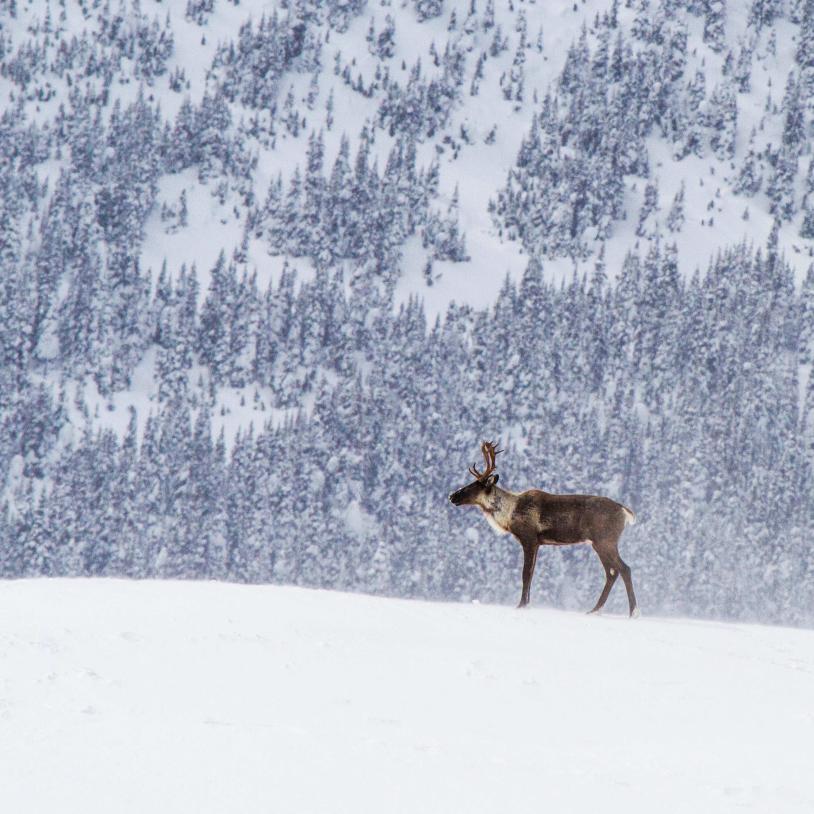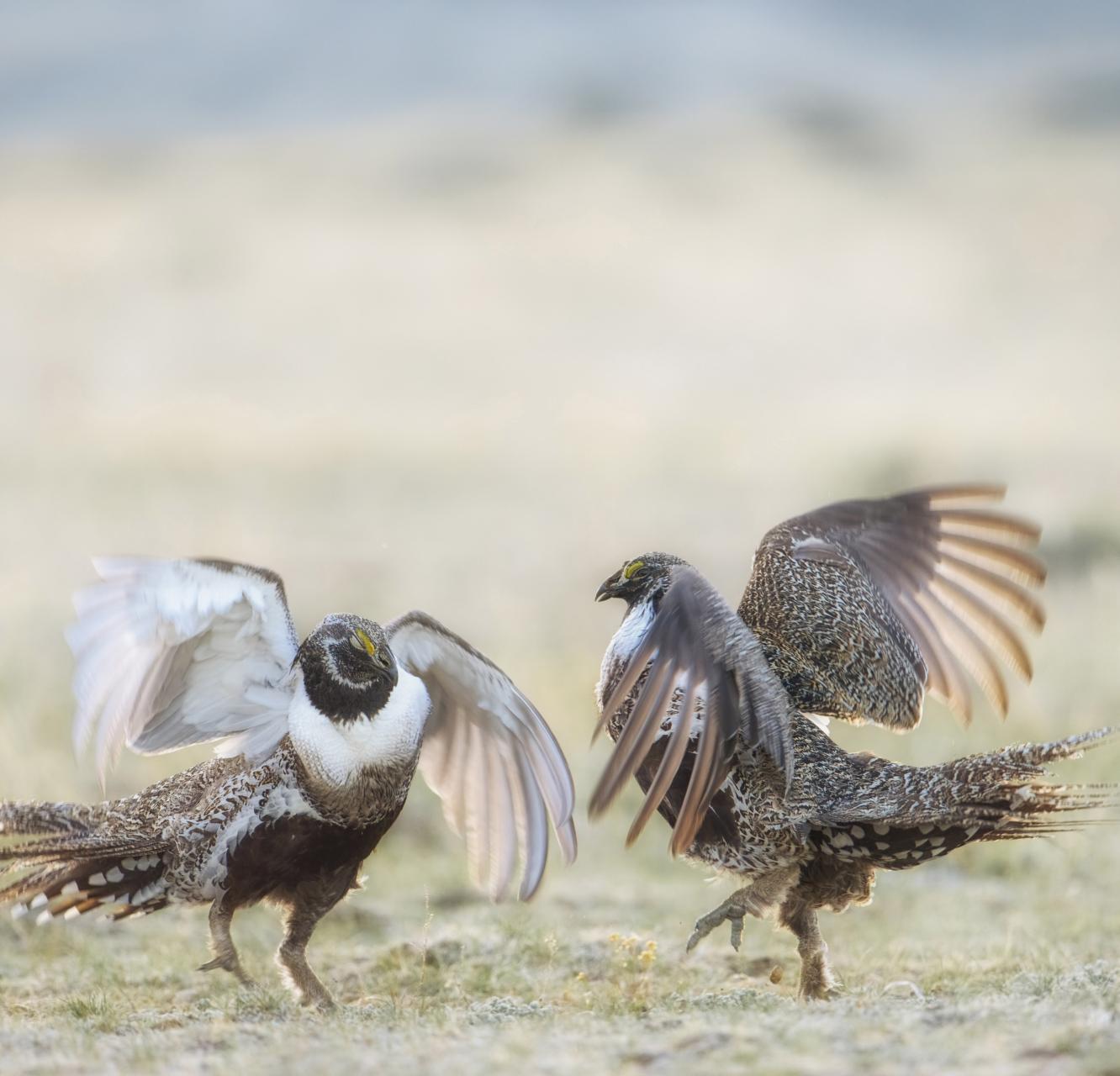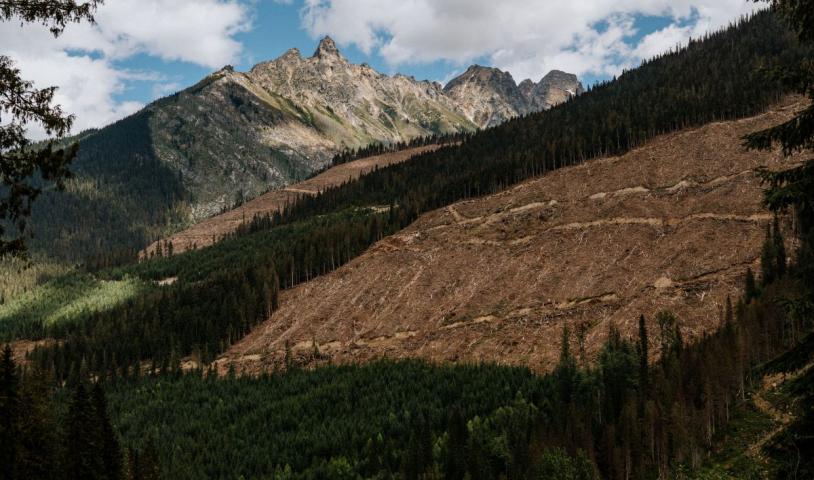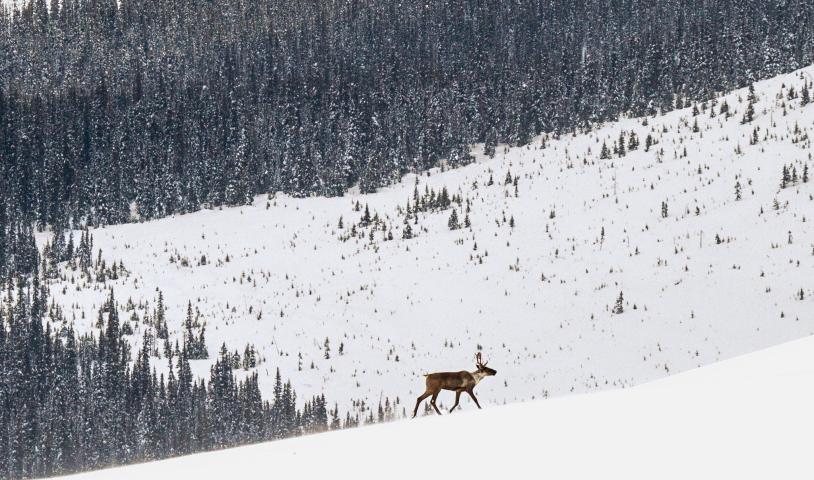Environmental groups turn to courts over species at risk, pipeline
Monday, October 15, 2012
Five environmental groups are resorting to the courts to make the federal government enforce the Species at Risk Act and protect species living along the proposed route of the Northern Gateway pipeline.
EcoJustice filed a lawsuit with the Federal Court Tuesday on behalf of the David Suzuki Foundation, Greenpeace Canada, Sierra Club B.C., Wilderness Committee and Wildsight.
EcoJustice staff lawyer Sean Nixon said the Species at Risk Act, passed in 2002, first identifies and lists species before calling for a recovery strategy that maps out habitat to be protected. He said the government has failed to meet the act's mandatory deadlines for producing a recovery strategy.
“The most important thing that a recovery strategy does is to identify the critical habitat of a species. Until it's formally, legally identified in a recovery strategy... the various duties and powers to protect that habitat aren't triggered,” Nixon said in an interview.
The four species identified in the lawsuit are the Pacific humpback whale, the Nechako white sturgeon, the marbled murrelet and the southern mountain caribou.
Nixon said EcoJustice has taken the government to court over the act four other times. He said the act works by imposing clear mandatory duties on the executive branch of government, which can get distracted by short-term issues when endangered species legislation is about long-term protection.
“We've been more than willing to go to court to enforce the mandatory duties that Parliament imposed on the executive,” he said.
Adam Sweet, spokesman to Environment Minister Peter Kent, said in an emailed statement that the government takes its responsibilities under the Species at Risk Act seriously and that it would be inappropriate to comment since the matter is before the courts.
Nixon said the effectiveness of using the courts versus other avenues, such as lobbying, advocacy campaigns, or partnering with industry groups, depends on the government in power.
The organization is registered to lobby on the “Implementation of the Species at Risk Act in a manner that ensures protection of species-at-risk,” the federal lobbyist registry shows, and Nixon said he discussed the issue with bureaucrats during the summer of 2011.
“As a charity, we can spend 10 per cent of the time on law reform activities, but we can only walk through that door if it opens to us. Certainly the federal government of the last five years or so hasn't been interested in talking to environmental groups about how to improve Canada's environmental legislation,” he said.
“If we can't get any direct movement from just speaking to the executive branch of government, we can look at the duties that Parliament has imposed on the executive branch. And where, in our view, they haven't met them, we can take them to court.”
The legal case involves an argument about a specific breach and does not involve asking a judge whether Parliament should change the act, he said, so the legal work isn't political. The communications work that goes with it can be, he added.
“Part of what we're doing is just trying to draw public attention to the fact that Canada's environmental laws are being ignored, and that that has long-term consequences on Canada's endangered wildlife,” he said.
Nixon referred to recent media reports stating that Kent was considering amending the act, but he said there's nothing wrong with the law. The government just isn't using the tools it has to enforce it, he said.
In another emailed statement, Sweet said there is no timeline for the introduction of reforms to the act, though the minister has been looking into the file and examining options after “widespread discussion” over the years.
Nixon said the environmental assessment evaluating Enbridge's Northern Gateway project is proceeding without anyone having a duty under the Species at Risk Act to mitigate its potential effect on the four species. If the project is approved and EcoJustice wins the case to have the habitats protected, Nixon said, “that's a problem [Enbridge is] going to have to deal with at that time. Maybe they have a pipeline in the wrong place.”






